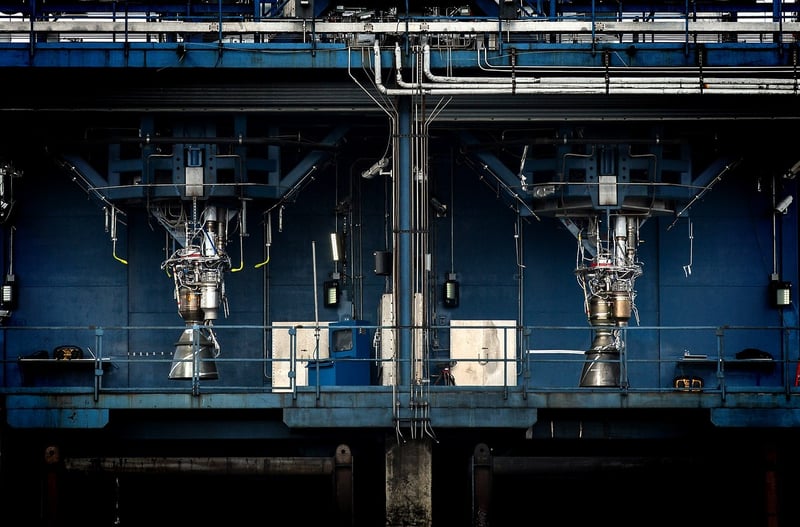Rocket Propulsion
The Future of Space Travel: Innovations in Rocket Propulsion
Space exploration has always captivated humanity, and with recent advancements in technology, the future of space travel looks promising. One of the key areas driving these advancements is rocket propulsion. Let's delve into some of the innovative technologies shaping the future of space and rocket propulsion.
Ion Propulsion
Ion propulsion is a revolutionary technology that uses electric power to accelerate ions to generate thrust. This technology offers higher efficiency and speed compared to traditional chemical propulsion systems. Ion engines are being used in numerous spacecraft, including NASA's Dawn mission and the upcoming Psyche mission.

Plasma Propulsion
Plasma propulsion involves heating a gas into a plasma state and then expelling it at high speeds to generate thrust. This technology offers even greater efficiency and is being explored for future deep-space missions. Companies like SpaceX are actively researching and developing plasma propulsion systems.

Nuclear Thermal Propulsion
Nuclear thermal propulsion uses nuclear reactors to heat propellant and generate thrust. This technology has the potential to significantly reduce travel times for crewed missions to Mars and beyond. NASA is actively researching nuclear thermal propulsion for future crewed missions.

Reusable Rockets
Reusable rockets have revolutionized the space industry by significantly reducing the cost of access to space. Companies like SpaceX have successfully landed and reused rocket boosters multiple times, making space travel more sustainable and affordable.

Conclusion
The future of space travel is filled with exciting possibilities, thanks to innovations in rocket propulsion. From ion engines to nuclear thermal propulsion, these technologies are paving the way for humanity to explore the cosmos like never before. With ongoing research and development, we can expect even more groundbreaking advancements in the field of space and rocket propulsion.
